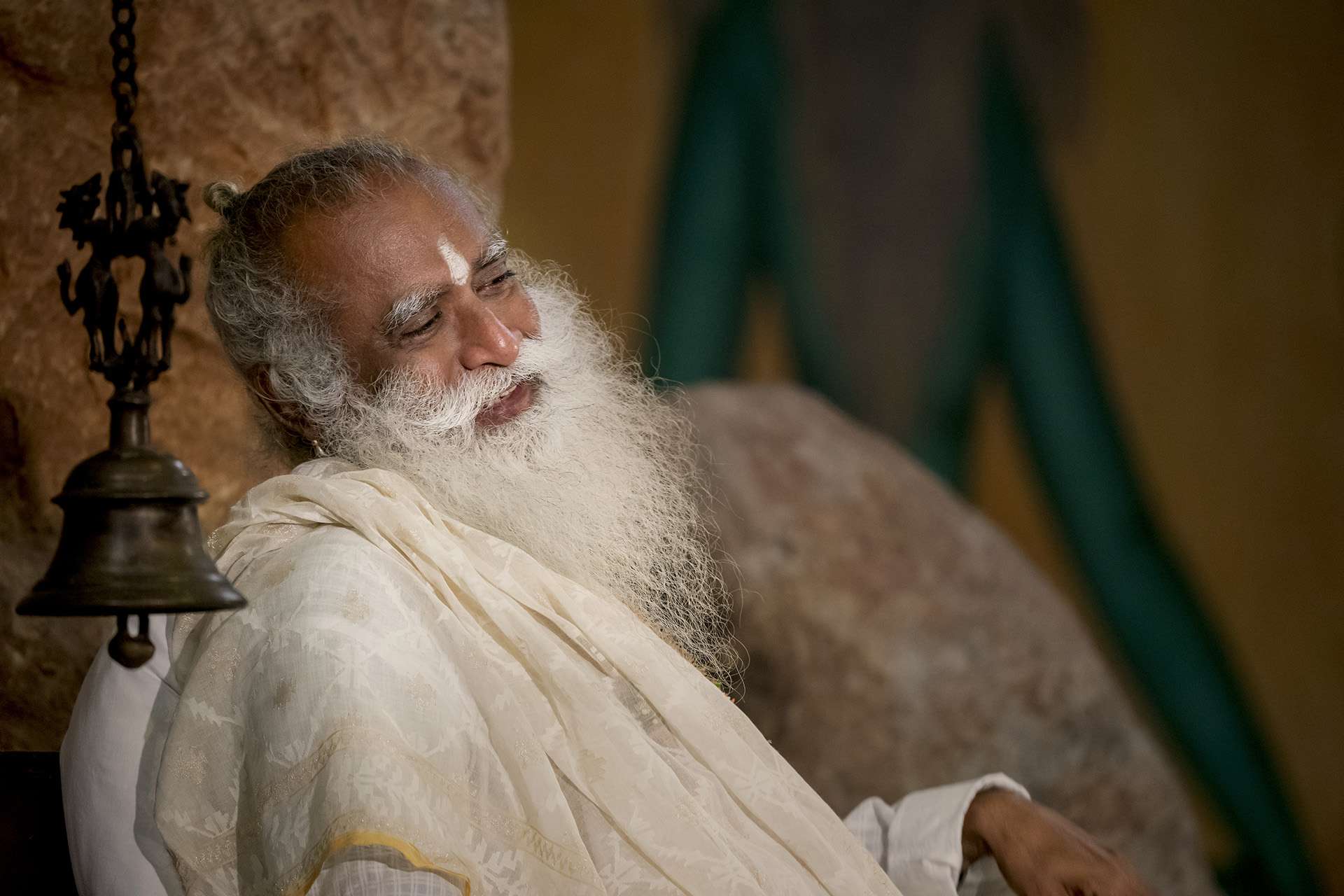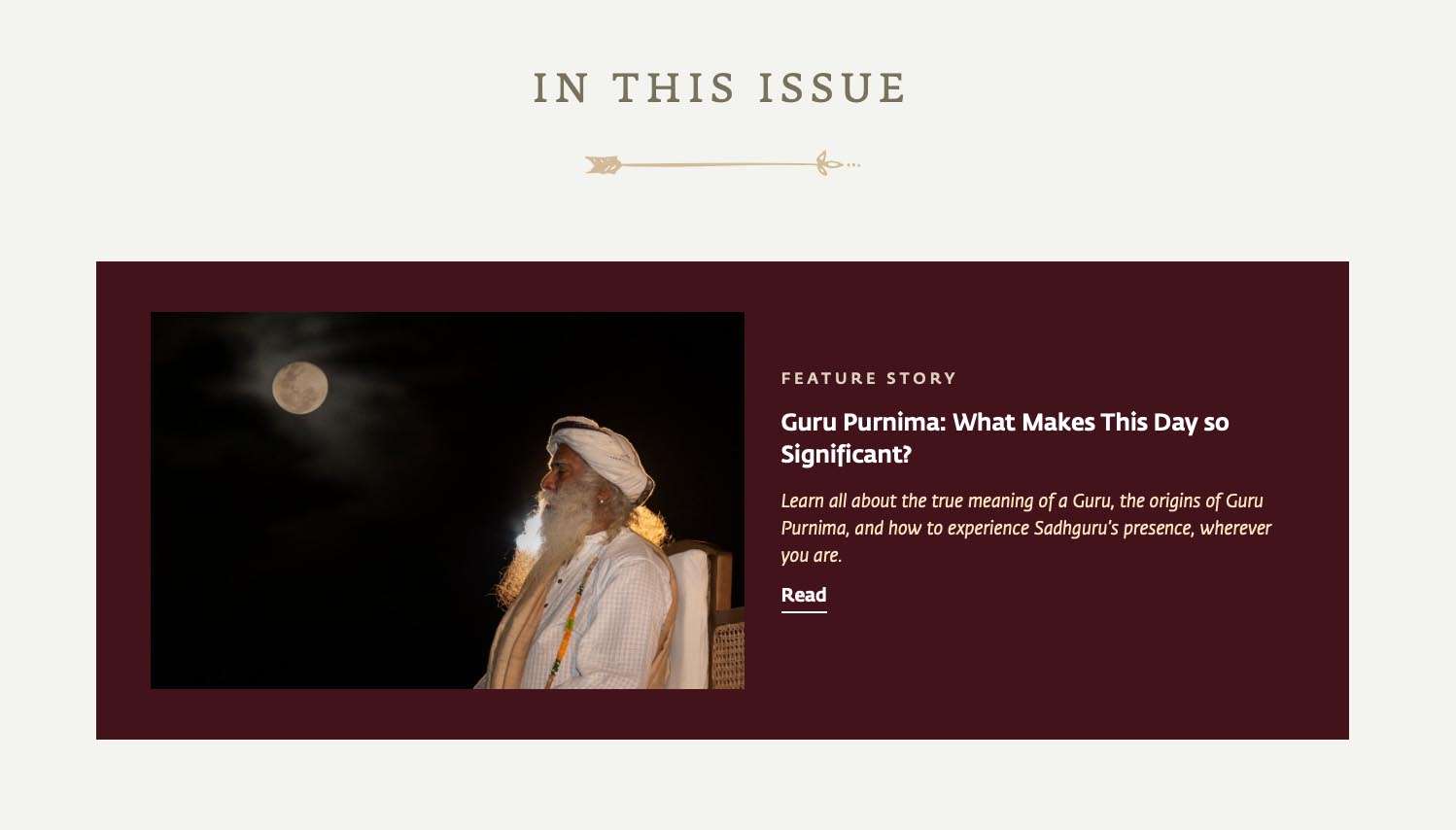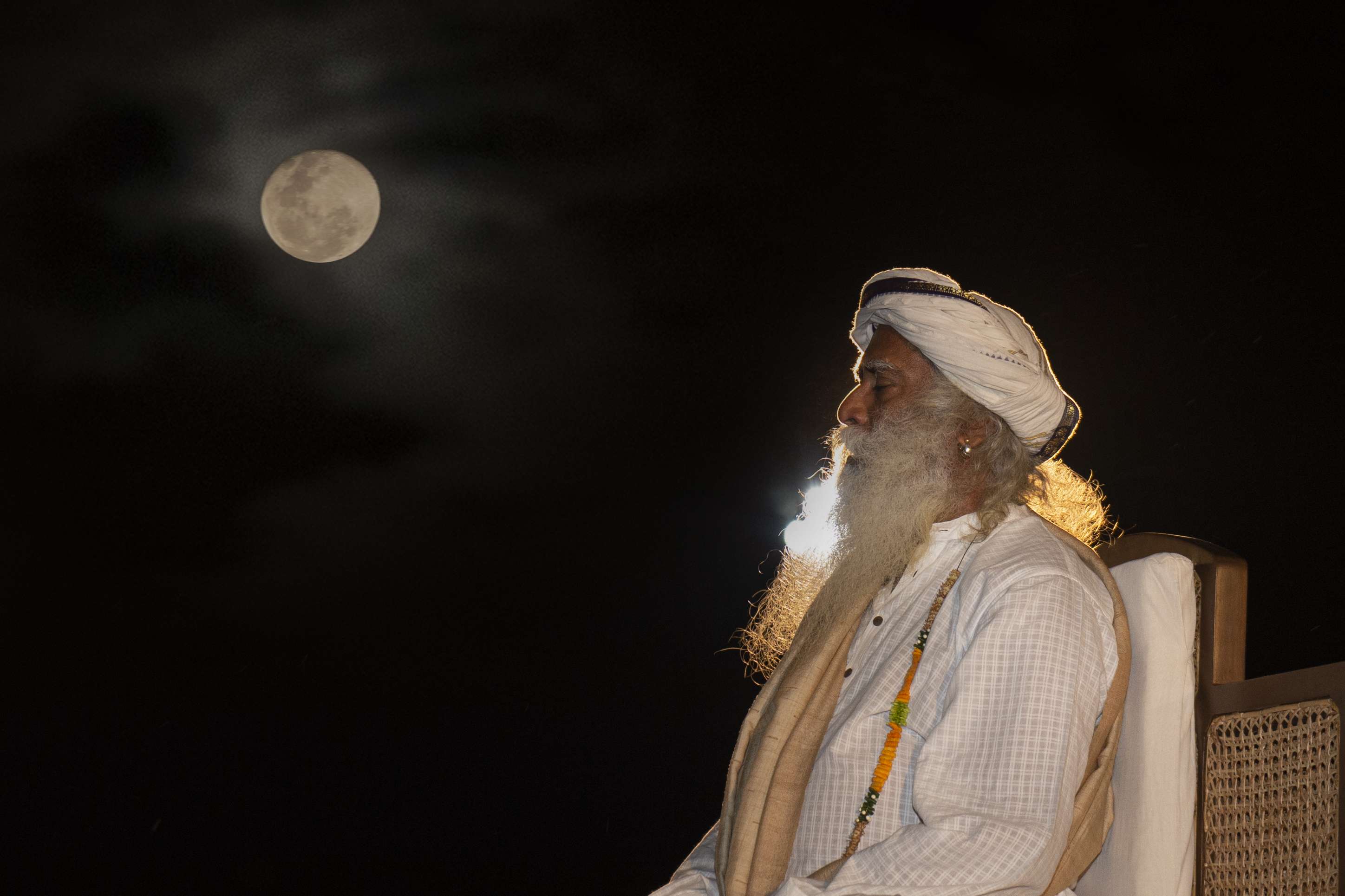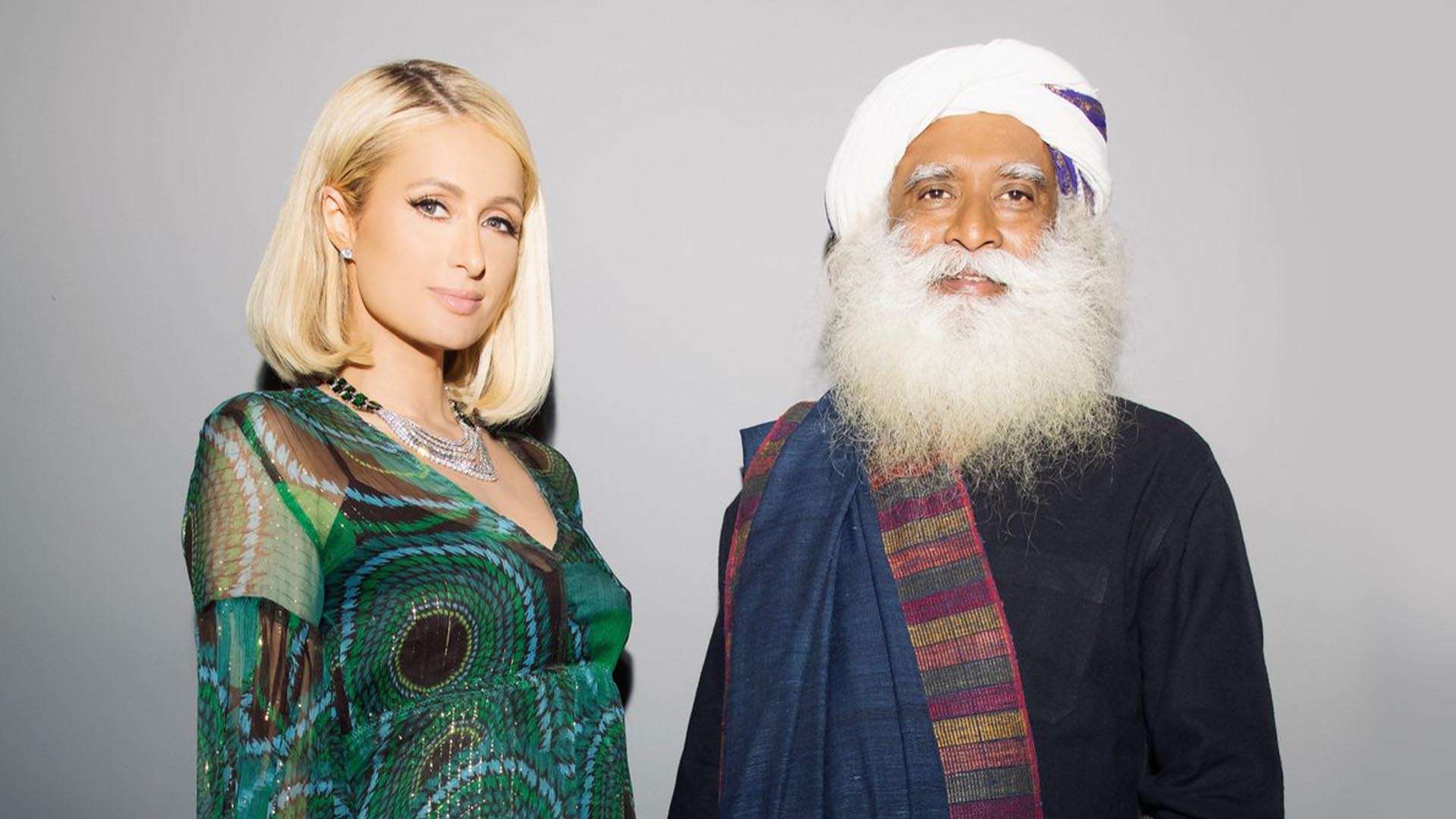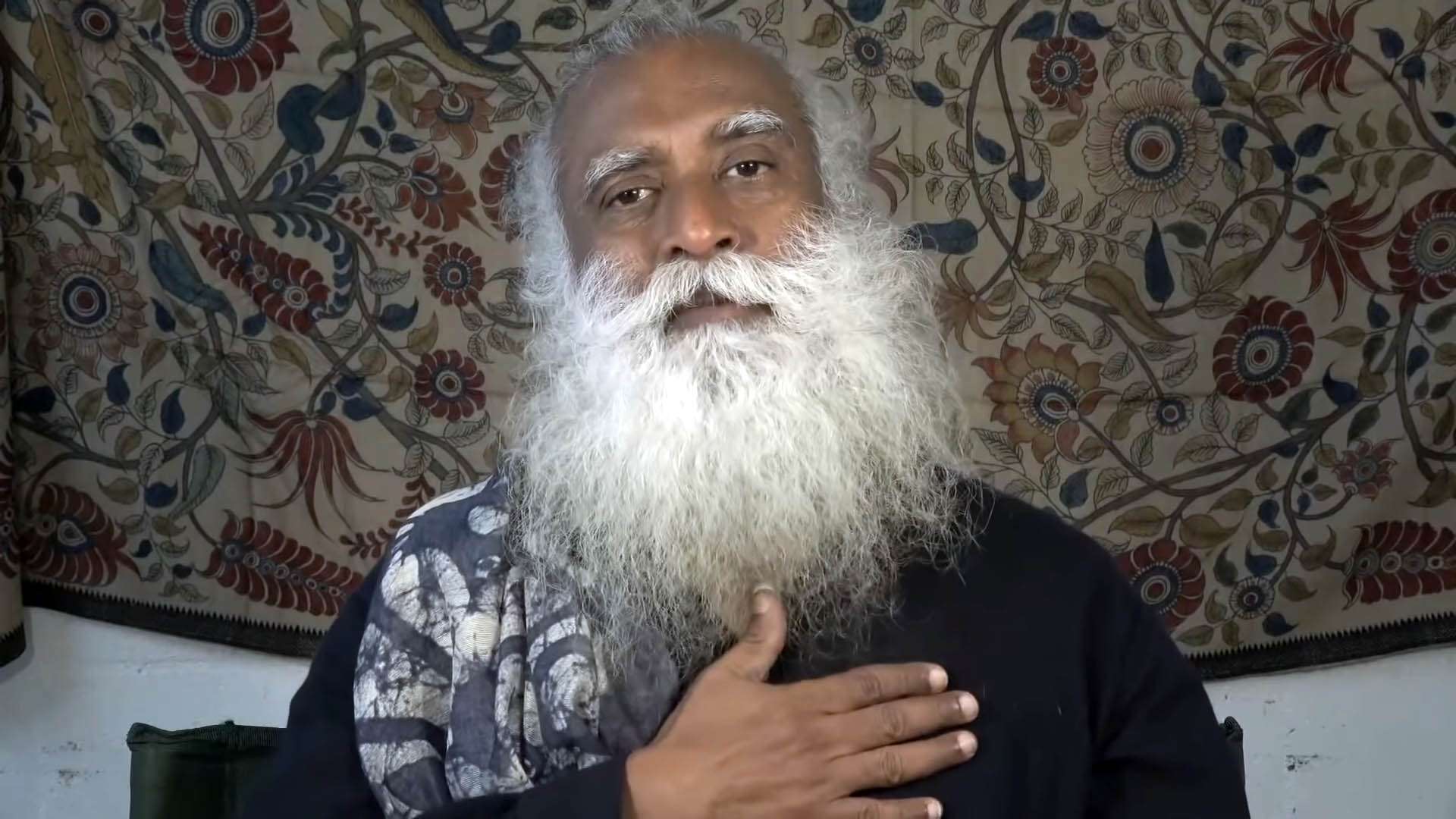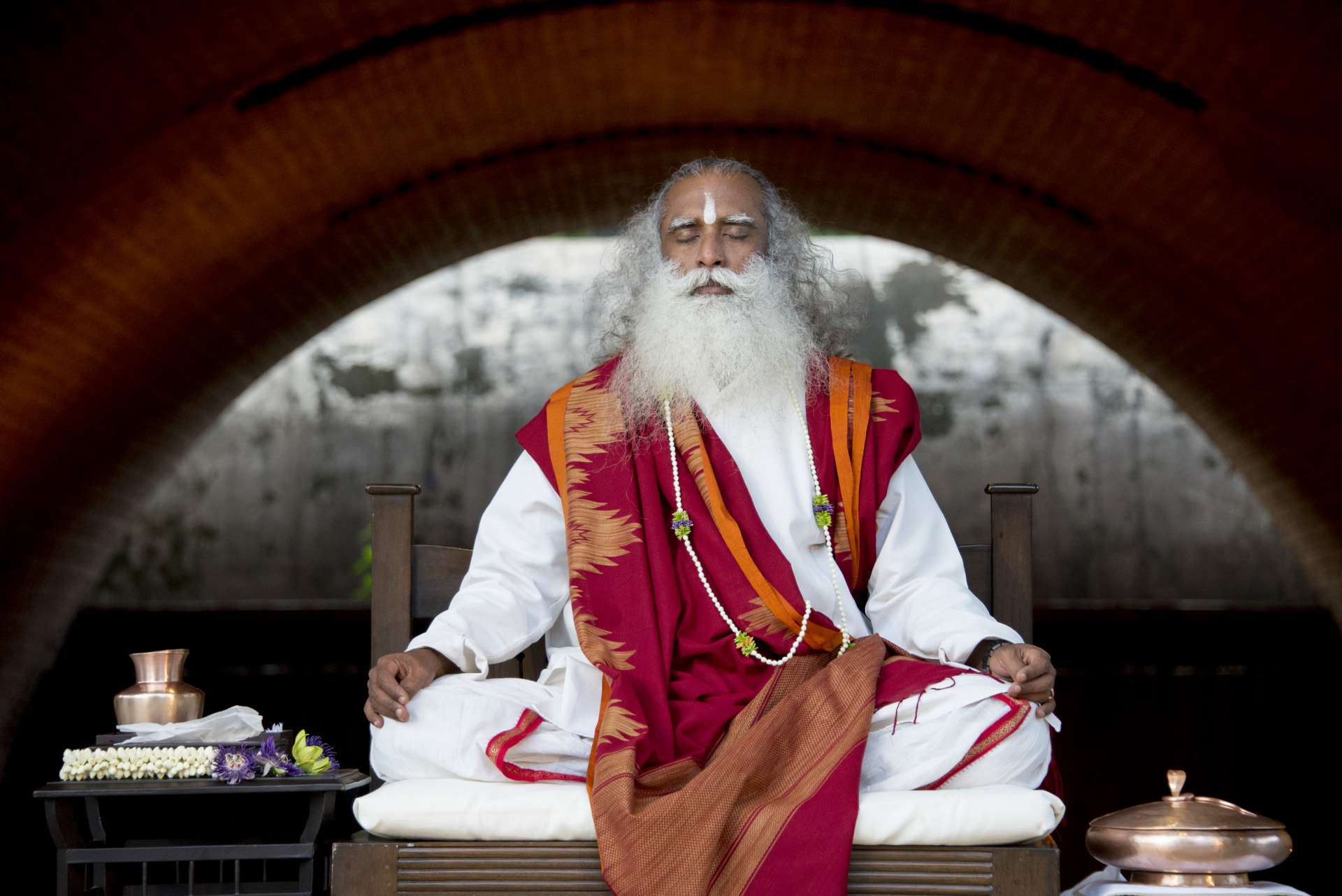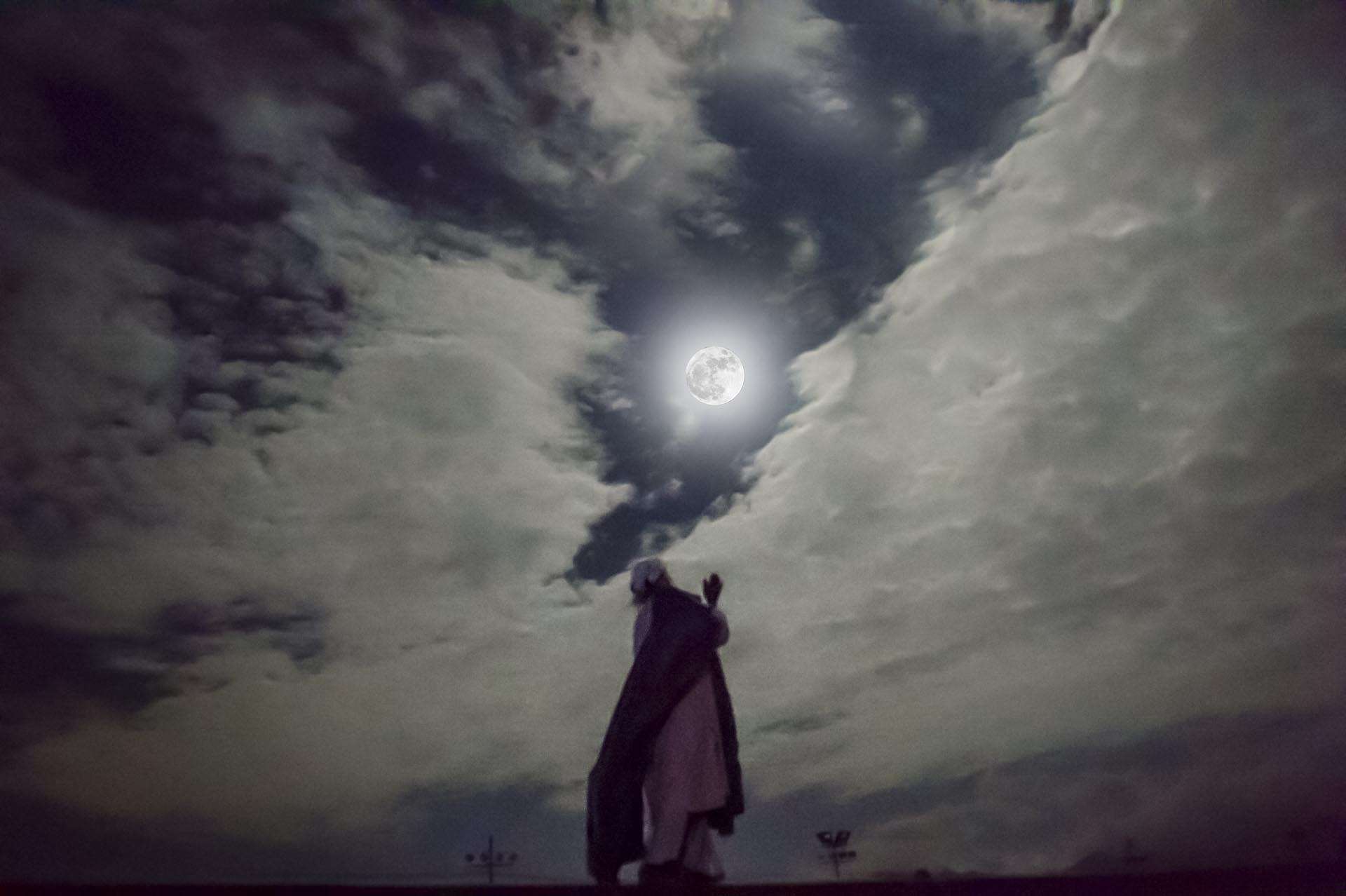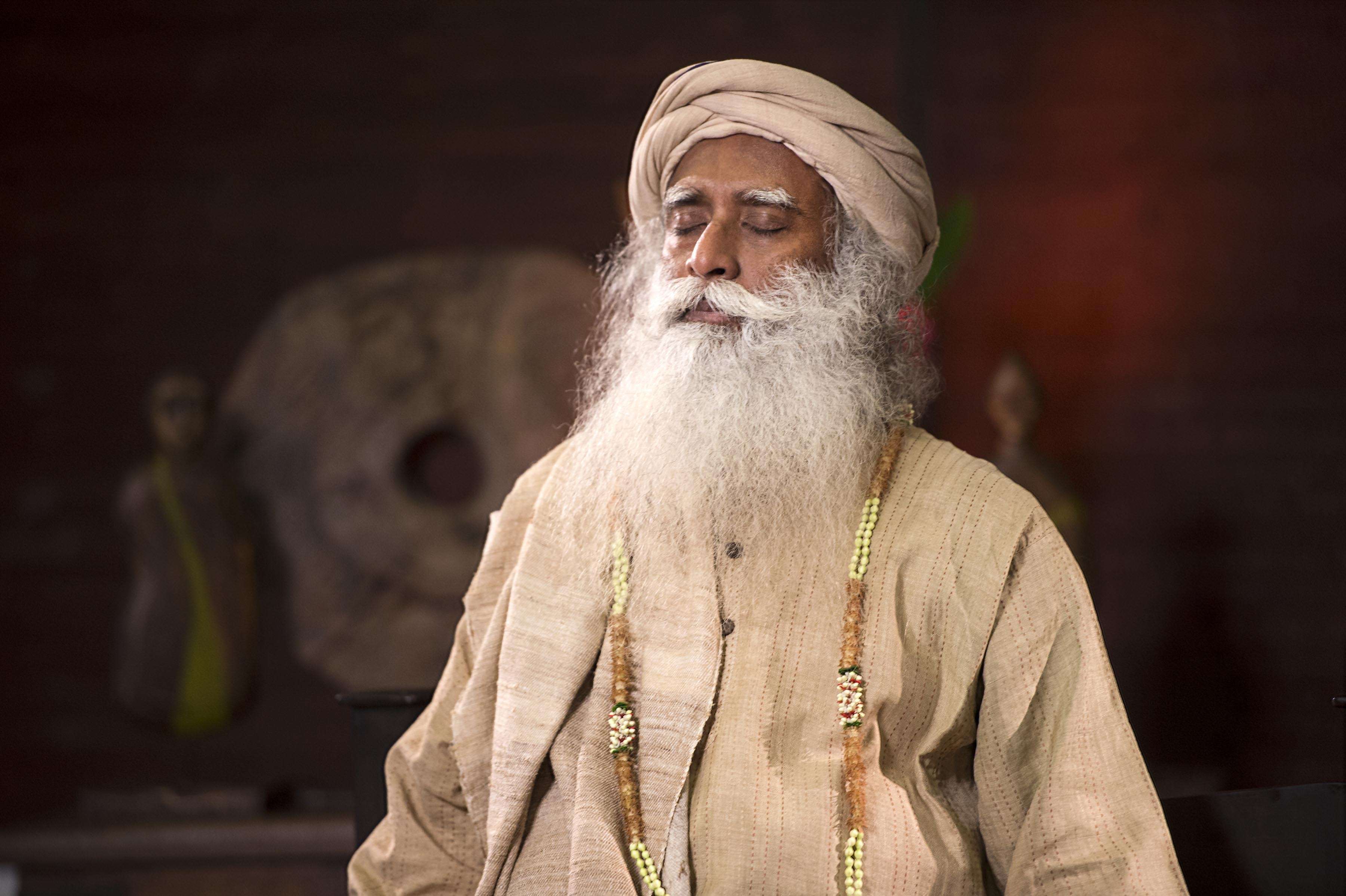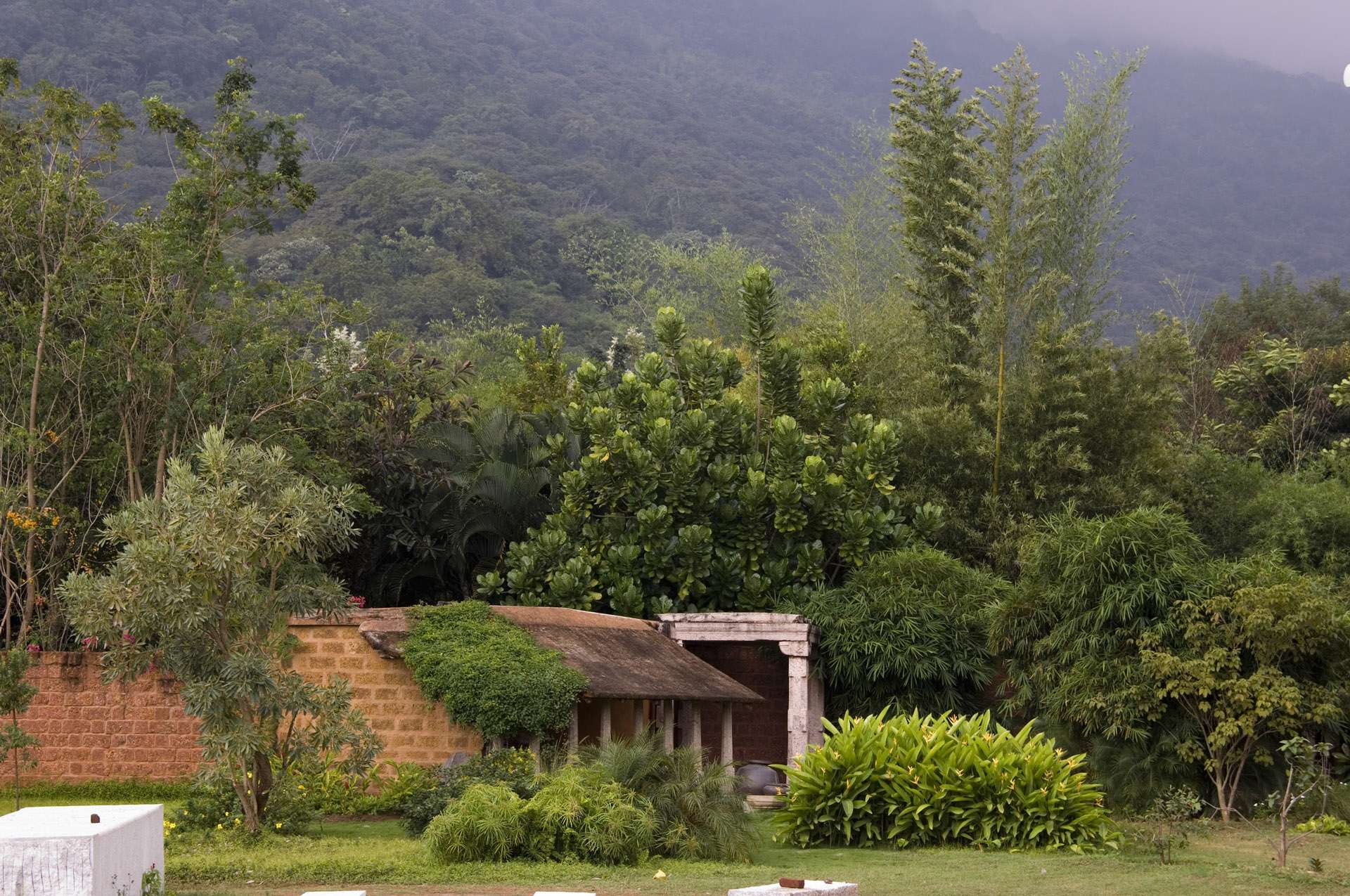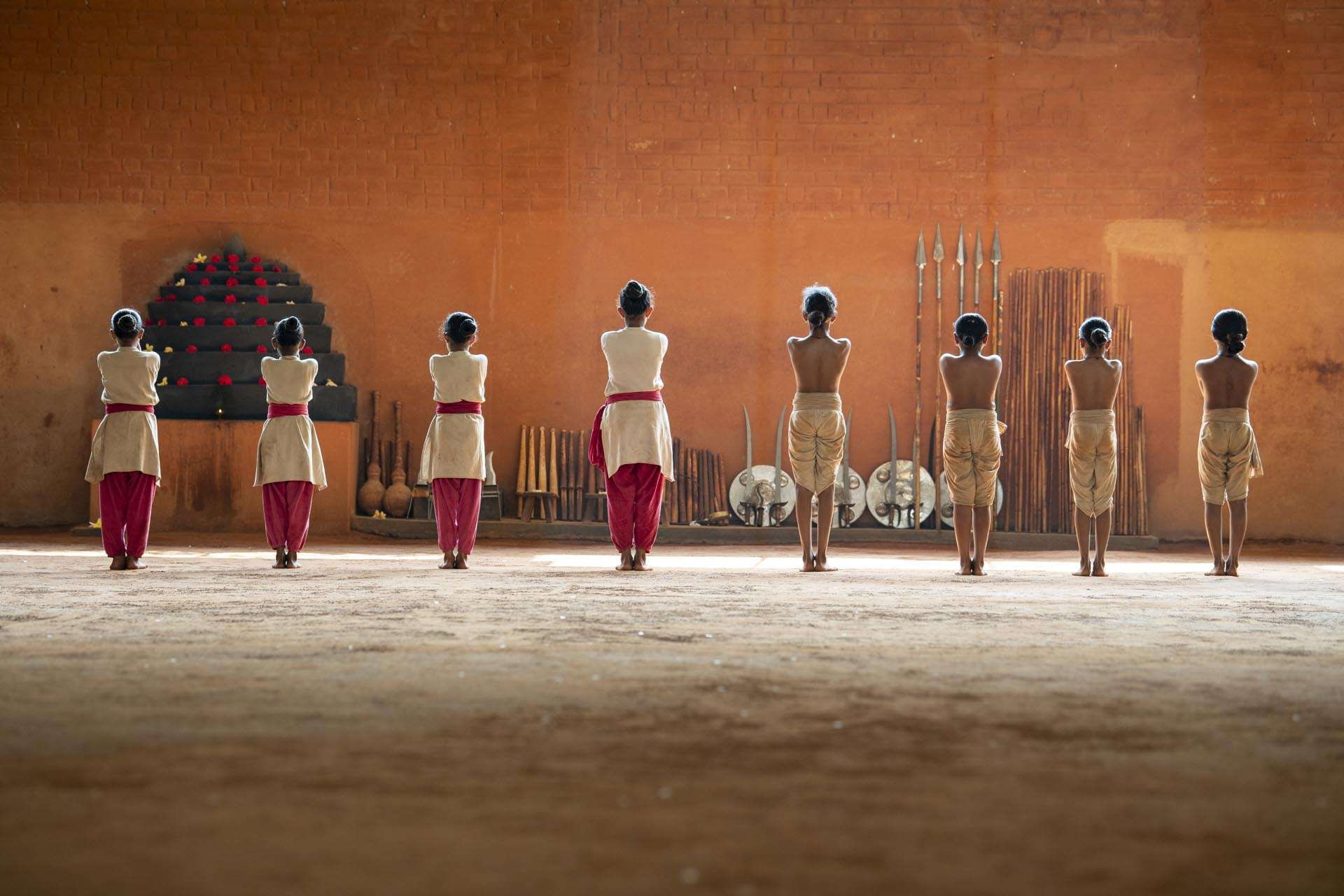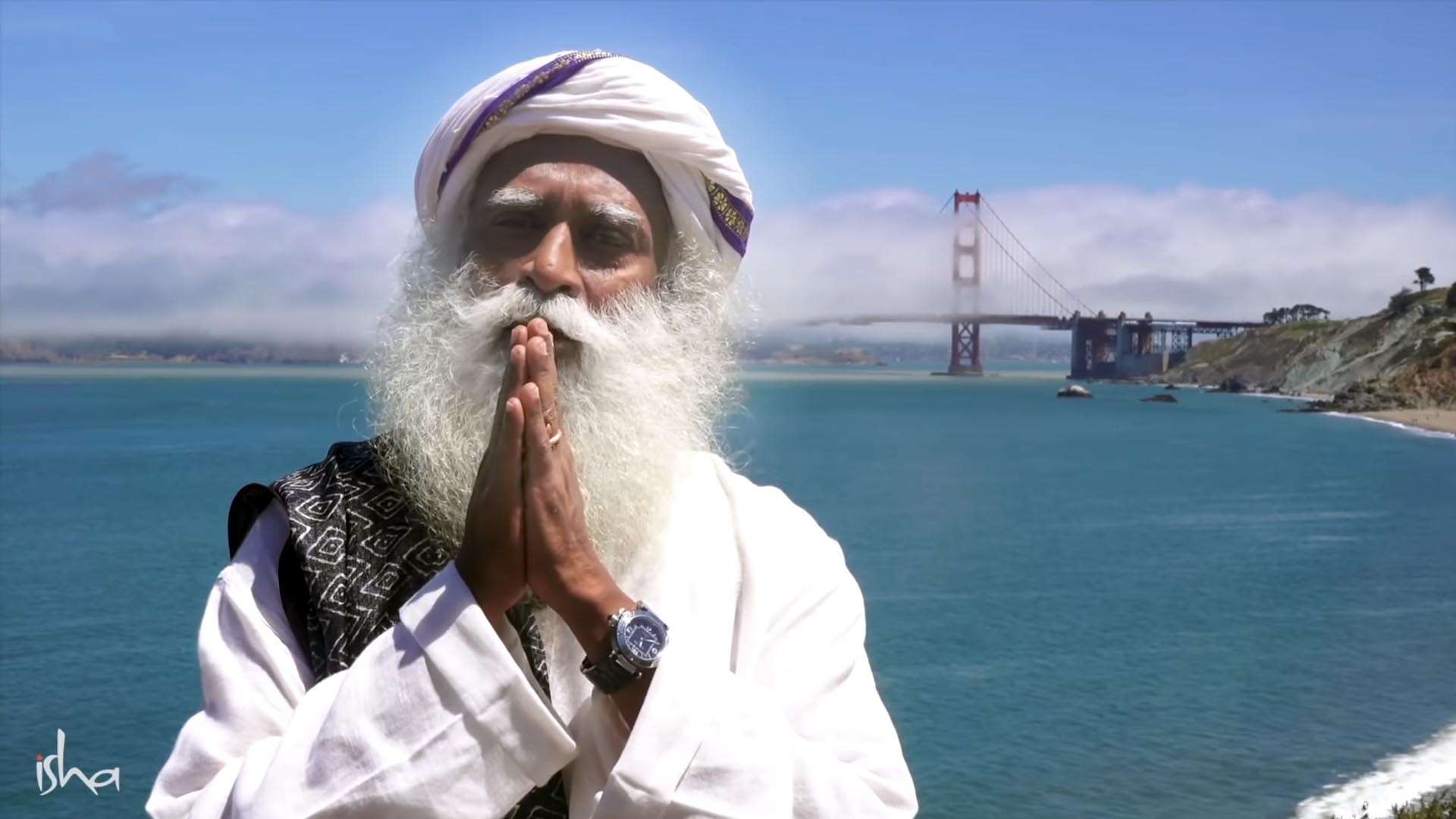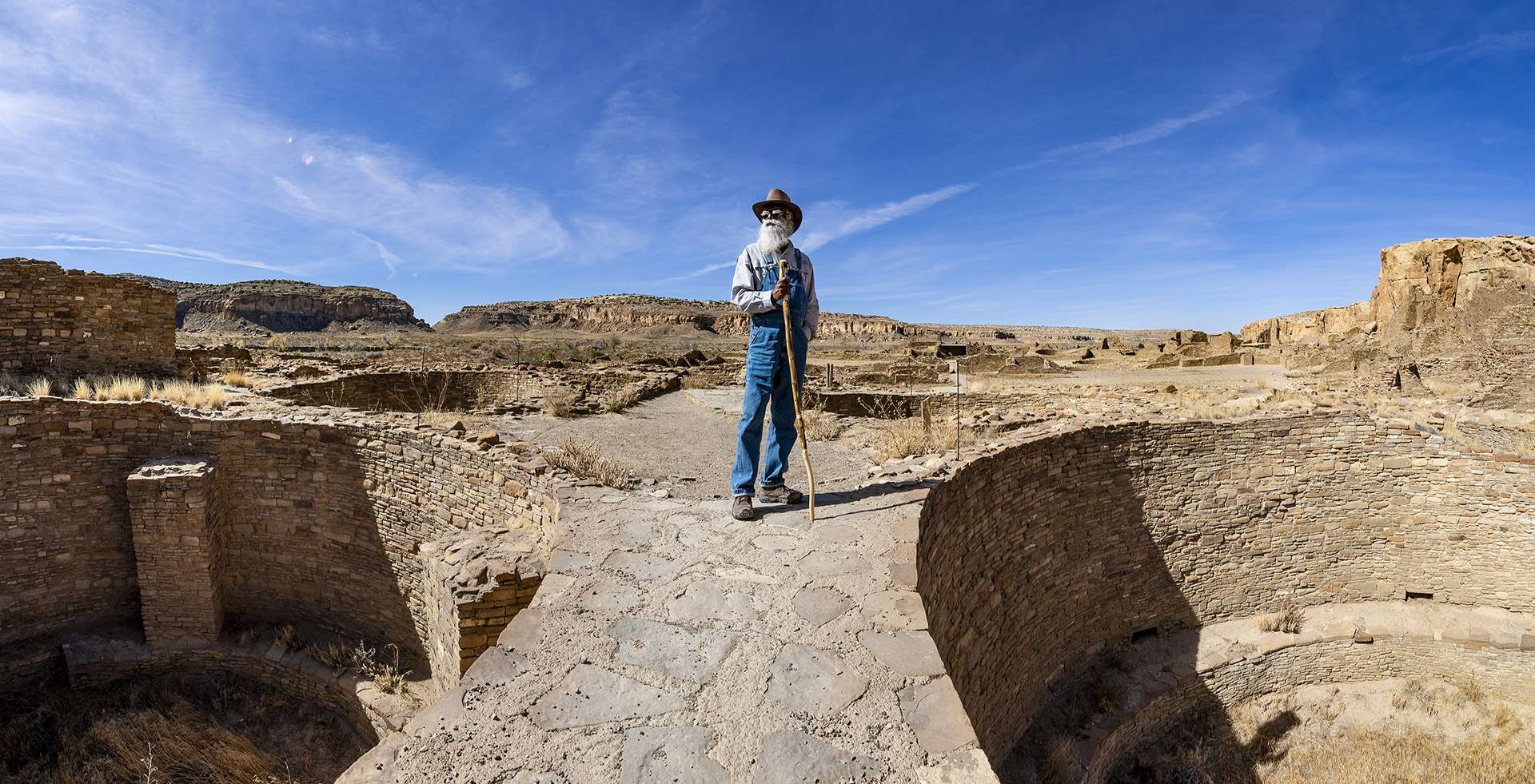What Is the Difference Between Reality, Truth, and Wisdom?
In this profound conversation excerpt, Vusi Thembekwayo asks Sadhguru about the value of ancient wisdom, the difference between reality and truth, and whether the world is ready for truth. Vusi is an influential speaker, business leader, and acclaimed author from South Africa.
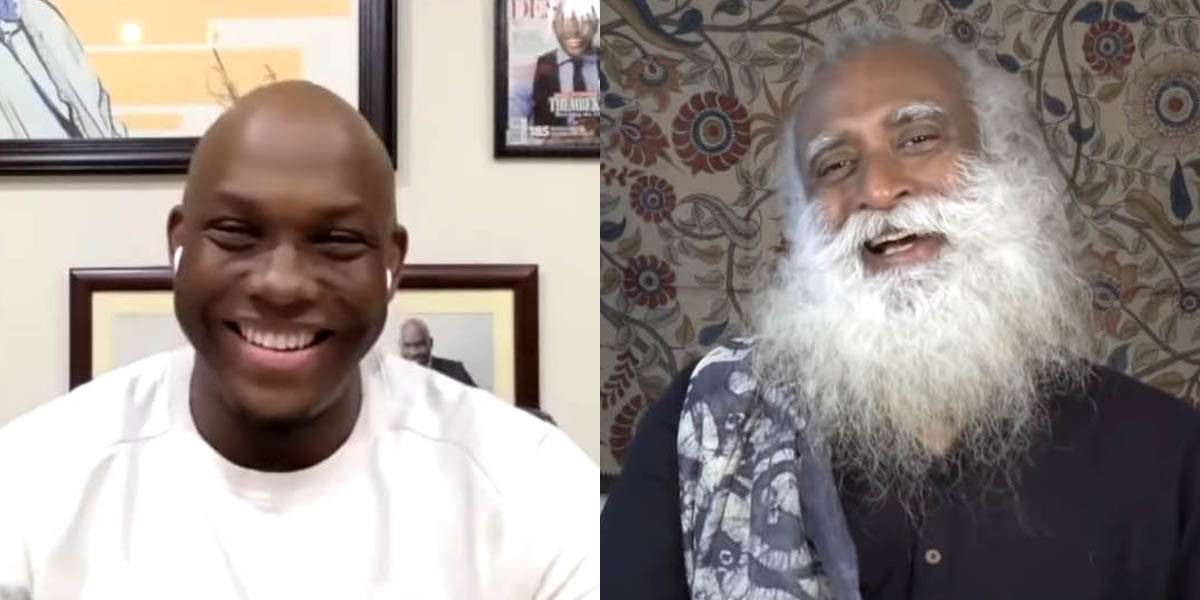
Vusi Thembekwayo: I hope that we as Africans are able to bring a different way of doing things into the environment that we are operating in today, without necessarily losing ourselves. Because I suppose the hard part about the discovery of the new is [to see] which part of the old feels authentic, which part do you keep, and what do you let go of.
Sadhguru: You should not hold on to the past because what was wisdom yesterday could be foolish today. This has become a fad: Wherever I go, people say, “Sadhguru will bring ancient wisdom.” I say, “This is contemporary wisdom because wisdom should work.”
Ancient wisdom means that it must be chronicled and archived, not practiced. The ancients may have seen things that were relevant to their times. Some of that could be relevant to us today because fundamentally, we are still human; we have not evolved into something else. Only situations have changed. Wisdom is a combination of our own realizations and situational practical action. Realization may be idealistic, absolute truth, but wisdom integrates present-day realities and the ultimate truth.
Wisdom is a combination of our own realizations and situational practical action.
If you do not integrate those two, you can only sit in a cave, be blissful, and bless people. If you want to be active in the world, you need to integrate the absolute truth with today’s reality; otherwise you cannot function in the world.
Vusi Thembekwayo: Sadhguru, can the truth ever be absolute?
Sadhguru: Truth is always absolute. Reality keeps changing.
Vusi Thembekwayo: What’s the difference?
Sadhguru: The difference between reality and truth is that you can paint your house whichever color you want today, but the foundation remains the same.
Vusi Thembekwayo: This idea of absolute truth is interesting. I wonder if the world today is ready for the truth, whatever that truth might be. I’m not sure how well each human being is versed in their own truth, and how ready they are to receive that truth. There is an old expression that says, “The only thing people hate more than the truth is the person who dares to speak it.”
Sadhguru: You are telling me? I have faced all of it. [Both laugh.]
The world will never be ready for truth, because the word “world” is not true. Only the individual experience is true. Only you exist; the “world” is just a word. You do not call your children the world – you call them by their names because you give these individual lives your time and attention.
Truth is always absolute. Reality keeps changing.
When we use the word “world,” we do not have the time or intention to pay attention to everyone, so they are just one world. The world is a psychological manifestation in our minds. Actually, there are only individual people. People are people because of individual experiences, and individual experiences are not truth. Individual experiences are psychological and social realities we live in. An individual is capable of experiencing truth, but as a person, an individual is not truth. The world is not capable of experiencing truth.
Vusi Thembekwayo: Then what is the truth?
Sadhguru: When I say that something is absolute, it means you cannot define it. You can only define something that has physical boundaries – you cannot define something that has no physicality or boundaries. Truth is not something that you try to define and philosophize about – it is something you experience.
If you clear your vision, you will see.
If, instead of making conclusions about everything in the world, you carefully look at what makes you draw conclusions, what causes joy and misery in you, what you like and dislike, you will understand the many ways in which you have set up prisms of confusion in your mind. Suppose I look at you through a prism, you will look very funny and distorted. If I look through a prism and conclude that Vusi is a funny looking guy, it is my problem, not yours.
We have set up multiple such prisms in the vision of our minds, which makes everything confusing, and now we are thinking about how to find the truth. You need to clean up your faculties of perception. How you see, hear, smell, taste, touch, and perceive needs to be cleaned up. Truth is not something that you try to see – if you clear your vision, you will see.


